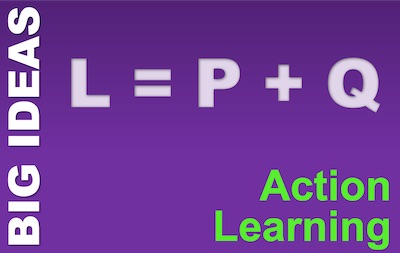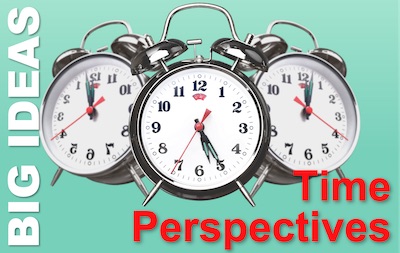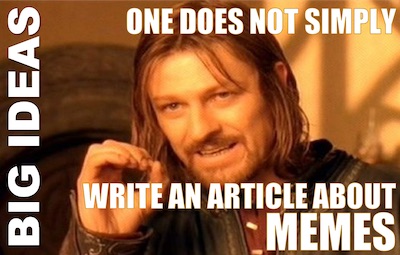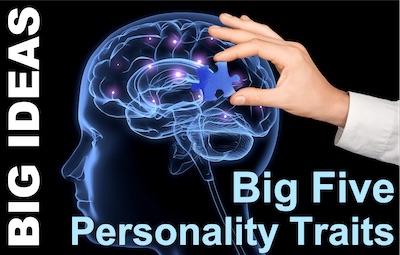
 Why is the Pocketblog writing about ‘the worst of humanity’? Because nothing is fixed. But if you don’t know how Confirmation Bias works, you are powerless to deal with it.
Why is the Pocketblog writing about ‘the worst of humanity’? Because nothing is fixed. But if you don’t know how Confirmation Bias works, you are powerless to deal with it.
Confirmation Bias is just one of many cognitive biases and thinking traps our giant, yet lazy, brains are prey to. But it is the one that is responsible for the most ills in the world. And it is also responsible for bad judgments in business, politics, and public administration.
So, we think it falls very much within the scope of our Big Ideas series. Unless you understand the big idea of what confirmation bias is, you cannot take it on with the simple tools that are available to you.









